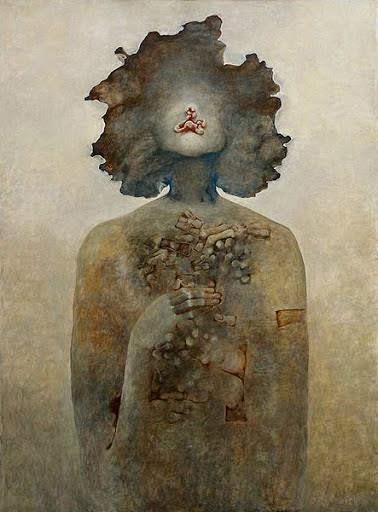Masahisa Fukase, Ravens » Courage consists, however, in agreeing to flee rather than live tranquilly and hypocritically in false refuges. Values, morals, homelands, religions, and these private certitudes that our vanity and our complacency bestow generously on us, have many deceptive sojourns as the world arranges for those who think they are standing straight and at ease, among stable things. — L’amitié, Maurice Blanchot, 232-3, in Deleuze and Guattari, Anti-Oedipus , 341-2


Comments
Post a Comment